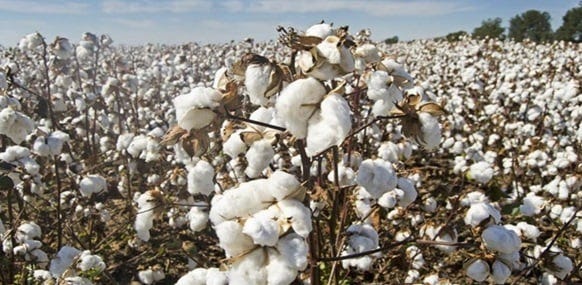Punjab's cotton crisis deepens as farmers push for Bollgard-3 approval

North India's cotton industry is in crisis, with pest infestations reducing yields and cultivation areas. In Punjab, cotton acreage fell to one lakh hectares in 2024 from eight lakh hectares three decades ago. The ginning industry has suffered, with operational units reducing from 422 in 2004 to just 22.
Farmers are now advocating for the approval of Bollgard-3, a genetically modified cotton variety engineered to resist pink bollworms. Developed by Monsanto, it contains three Bt proteins Cry1Ac, Cry2Ab, and Vip3A designed to combat lepidopteran pests. While India introduced Bollgard-1 in 2002 and Bollgard-2 in 2006, they have become ineffective against evolving pest threats.
Despite the demand, Bollgard-3 remains unavailable in India due to regulatory hurdles. However, Bollgard-2 Roundup Ready Flex (BG-2RRF), a herbicide-tolerant variant, is closer to approval. Trials were conducted in 2012-13, but commercial rollout is still pending.
Meanwhile, agronomic practices like high-density planting and drip fertigation can help improve yields. However, experts warn that without pest-resistant varieties, Punjab’s cotton future remains bleak. Countries like Brazil have surged ahead with advanced technologies, yielding 2400 kg per hectare compared to India’s 450 kg, underscoring the urgent need for policy reforms.
